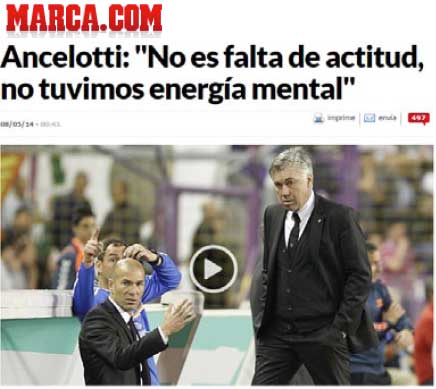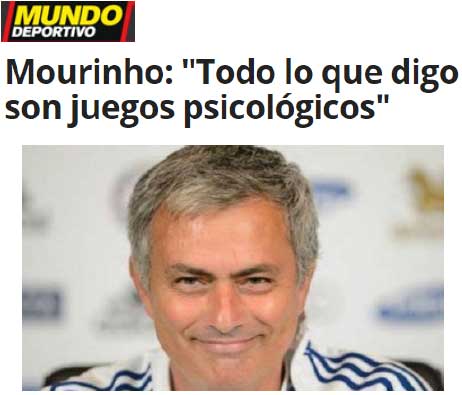WHAT IS SPORT PSYCHOLOGY?
It consists of psychological counselling for the optimization of sports performance. The favourable aspects of the performance are analyzed to strengthen them and the unfavourable ones are brought back to diminish them.
The intervention procedure involves the psychological evaluation of the current situation, the elaboration of working goals and the development of a specific intervention program.
The work is carried out in the office, usually supplemented with the work applied in the place of training and / or competition. Moreover the option of working online by videoconference can be the only way or as part of the work.
The main demands are situations of lack of sport motivation, problems within the team, anxiety or competitive pressure, difficulties of concentration or losing confidence. Although there are also cases where it is necessary just to increase sports performance and where the mental part is a very important aspect to work to achieve it.
Most of the work is done usually with athletes, although there is also a complementary work with coaches, parents, managers and doctors, anyone who´s around his/her sport enviroment. When the demand comes from the club or entity the usual way is to work mainly with the technical team more than with the athlete.

SPORT PERFORMANCE
Examples include developing confindence, improving concentration, having a good mental control in stress situations.
WHY CONTACT A SPORT PSYCHOLOGIST?
When an athlete competes, he/she plays with his physical, technical, tactical abilities, but also with the mental area. The elite competition will demand to use these psychological variables to achieve the goals. Normally the athlete arrives with a good physical and tactical preparation, but the psychological preparation will be the one that makes the difference in the performance. The work in the mental training will allow to give that plus in the performance and also will help to do the best in the competition or to resolve all the possible setbacks necessary to success.
The requests for collaboration usually come from the athlete himself, but also from his/her manager, coach or team leader and parents. The most common problems are:
Thinking too much about the result
Tension before competing
Indecision at important situations
Excessive repetitive failures
Lack of mental self-control
Competitive pressure in general
Fear of injury
Weakening of confidence
Difficulty of concentration
In addition to the mental preparation of the athlete, the sport psychologist is able to mediate between the different agents that relate around the athlete.
The sports psychologist can mediate between the different agents to optimize their relationship and therefore, the performance of the athlete. Mostly focus on questions that help how giving the information to the athlete or about decision making.
In this way not only wins the athlete, but everyone wins if the performance is better. It is a benefit for all.









